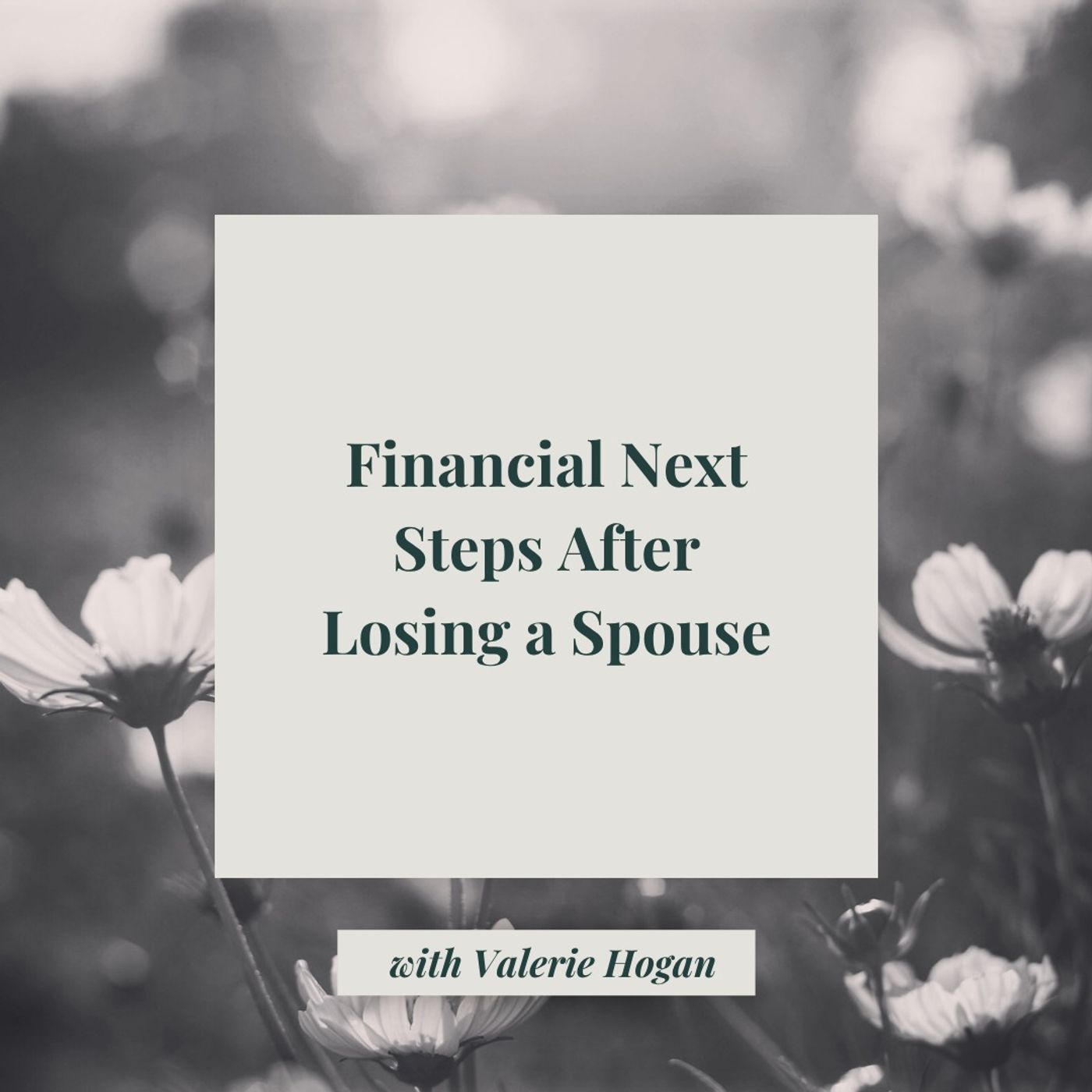Podcast Episode Details
Back to Podcast Episodes
Financial Next Steps After Losing a Spouse with Valerie Hogan
Episode 798
Losing a spouse can shake every part of life—but God promises to walk with you through each next step.
When loss turns life upside down, even simple financial decisions can feel overwhelming. But with God’s help—and a few practical steps forward—there is hope and healing ahead. Today, Valerie Hogan joins us to share guidance for navigating the financial journey after losing a spouse.
Valerie Hogan is an attorney, a Certified Financial Planner (CFP®), a member of Kingdom Advisors, and the co-author of Wise Women Managing Money: Expert Advice on Debt, Wealth, Budgeting, and More with Miriam Neff.
Grief and Finances Are Deeply Connected
When grief hits, clarity often disappears. You may feel pressure to “get everything settled” or, on the other hand, find it impossible to make even small decisions. Both reactions are normal.
Grief colors everything. It’s difficult to separate financial choices from emotional pain. And that’s okay. The key is to give yourself permission not to have all the answers right away.
Statistics show that about 80% of women will outlive their husbands. That means most of us will one day find ourselves managing finances alone. And many women, especially from earlier generations, weren’t as involved in financial decisions during marriage.
After loss, that reality can be intimidating. Suddenly, you’re faced with choices about investments, taxes, home maintenance, and budgets—often with less income and more years of life ahead. Those early months matter, but they shouldn’t be rushed.
Start with This Truth: God Owns It All
Before any practical steps, I want to anchor you in a truth that has carried me and countless others through difficult seasons: God owns it all.
Everything we have belongs to Him, and He is with us as we steward it. Remembering that doesn’t erase the pain, but it reminds us we’re not alone. It shifts the weight of control off our shoulders and invites God’s wisdom into our decisions.
That truth gives us permission to move slowly and prayerfully. Stewardship is not about perfection—it’s about trust.
Steps for Navigating the Early Days
Here are some guiding steps I often share with widows who ask, “Where do I even begin?”
1. Take One Step at a Time
You don’t need to fix everything today. Unless a change is absolutely urgent, give yourself space to rest and recover. Grief has a way of making even simple tasks feel monumental. Be patient with yourself.
2. Avoid Major Financial Moves Too Soon
Try not to make significant financial decisions while emotions are raw. Some women have sold homes, moved away, or invested large sums during intense grief—only to regret it later. Wait until your heart is steadier before making big changes.
3. Get Organized, Little by Little
Loss often leaves behind a mountain of paperwork. Start small—maybe one pile, one folder, one hour. Ask a trusted friend or advisor to help if it feels overwhelming. Progress comes one decision at a time.
4. Track What’s Coming In and Going Out
Awareness brings peace. You don’t have to overhaul your budget immediately—just begin noticing where money is going. Clarity grows with consistency.
5. Lean on Trusted Advisors
Choose people who will look out for your best interest—those with integrity and ex
Published on 1 month, 3 weeks ago